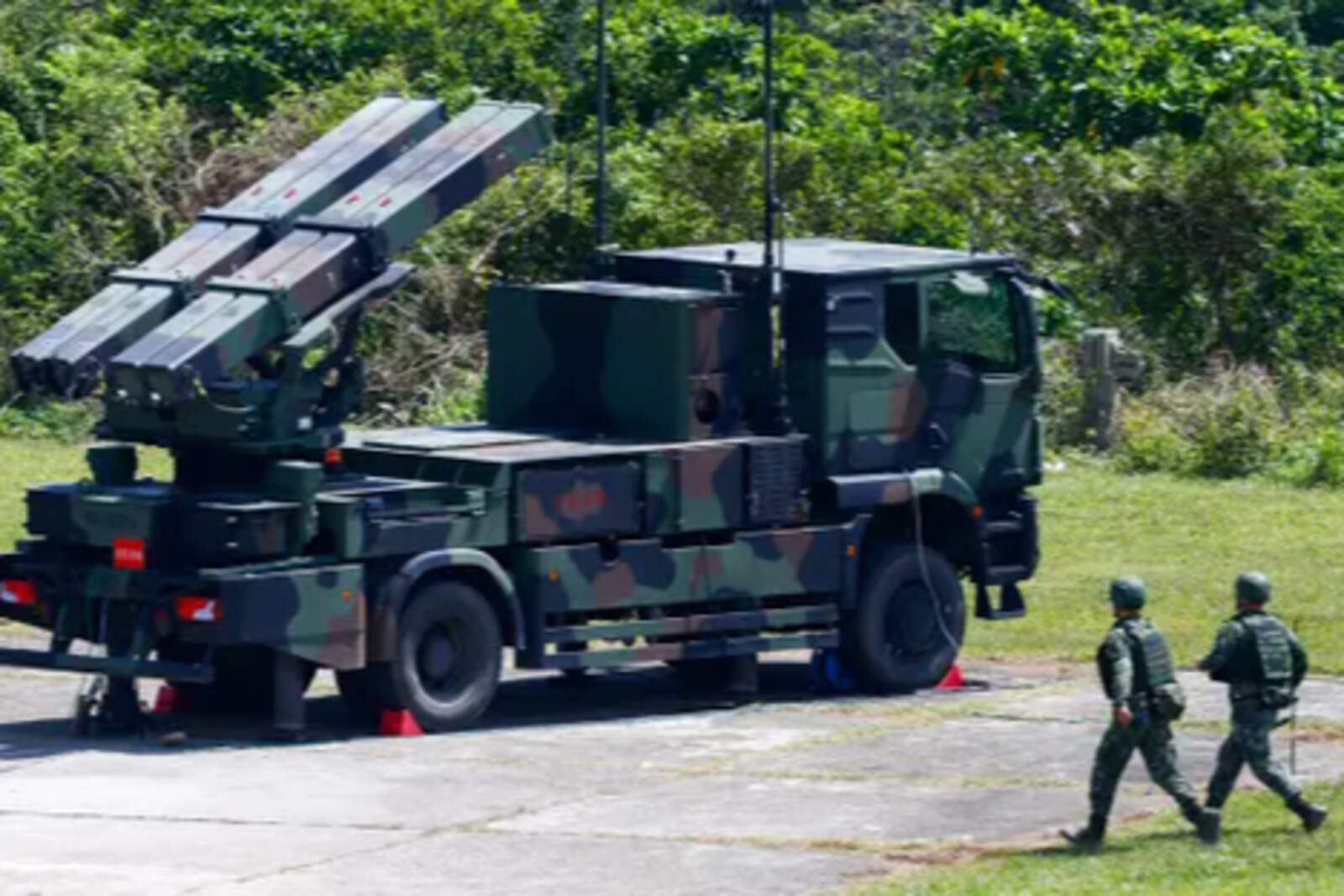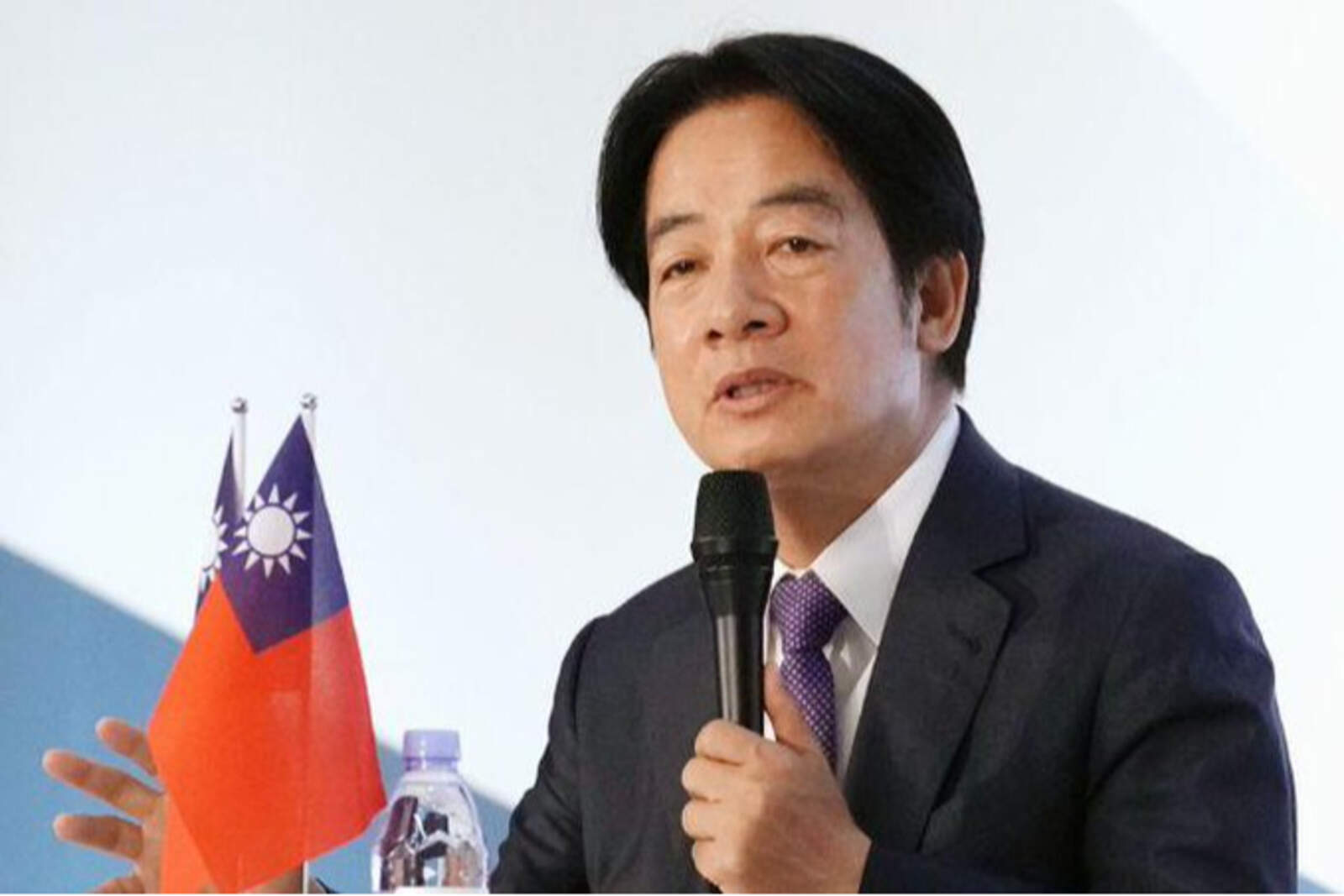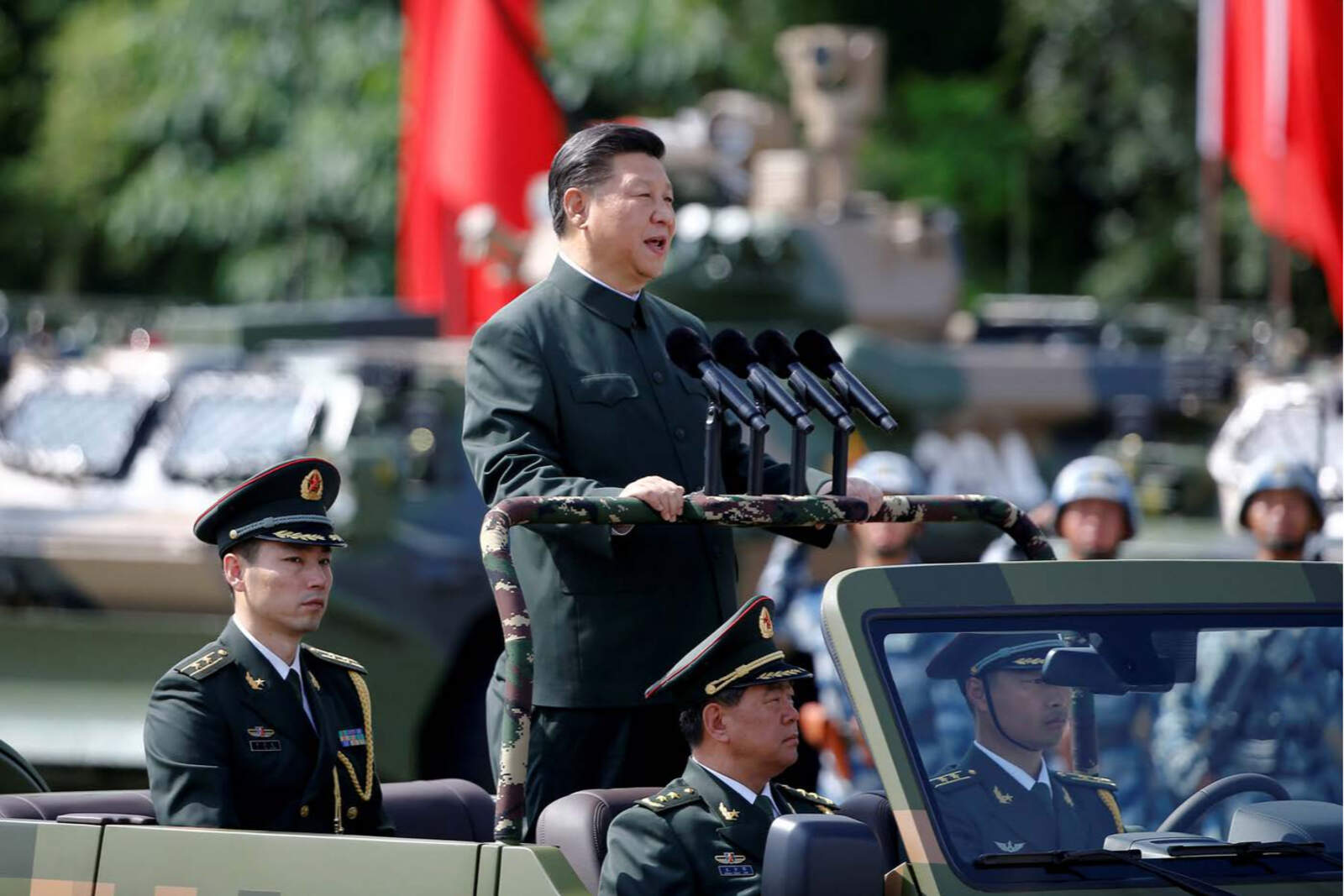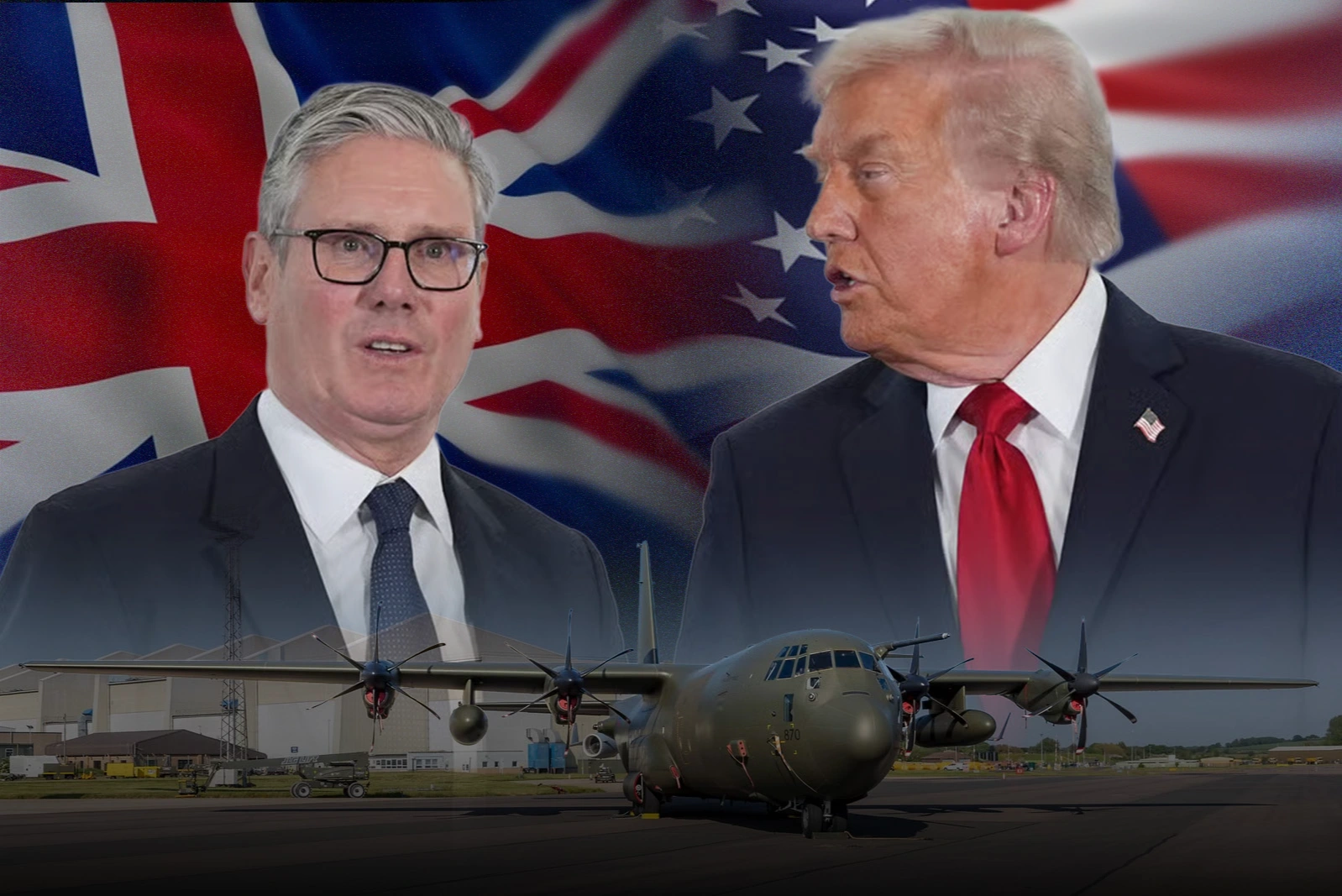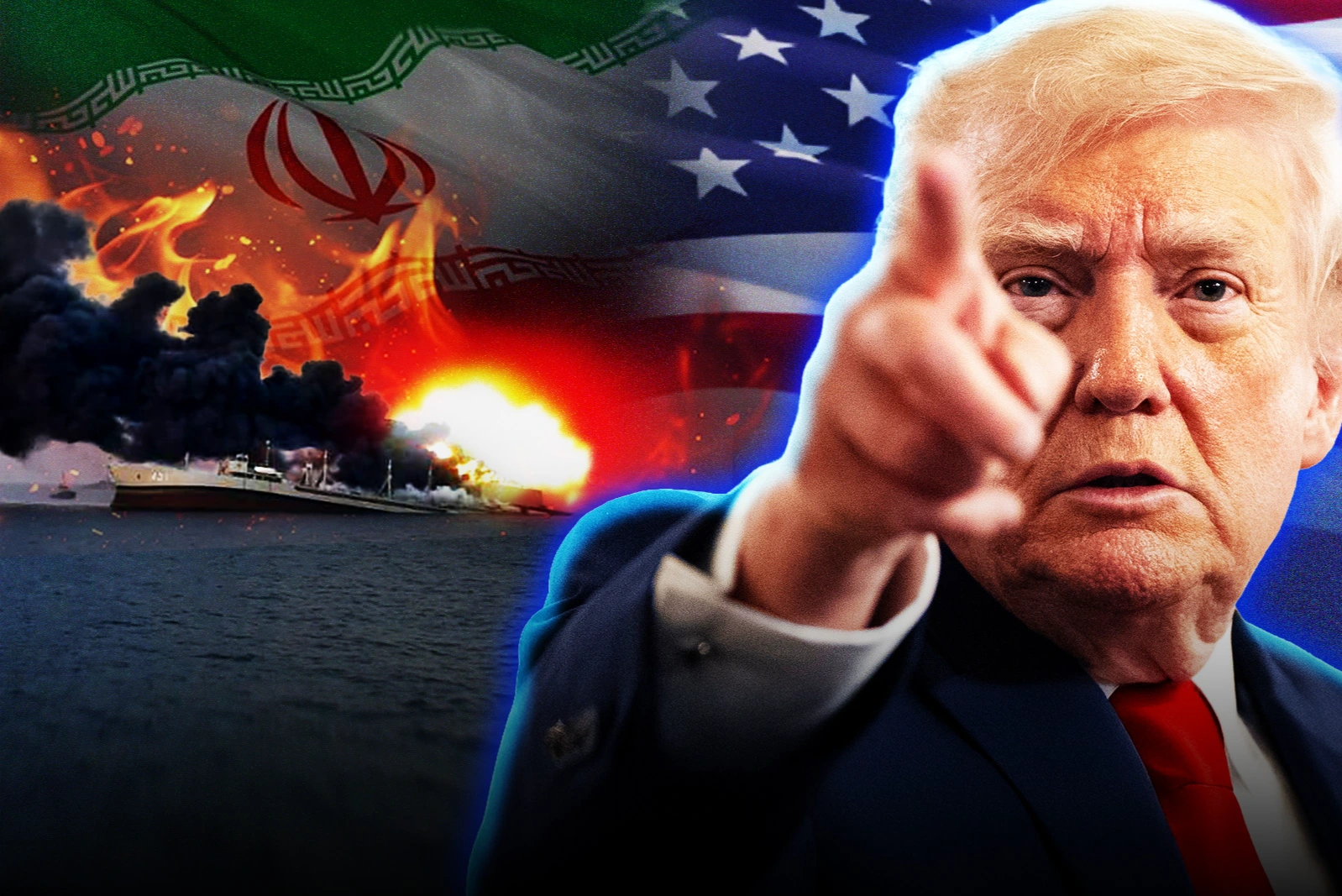The United States plans to significantly increase its arms sales to Taiwan, even surpassing the levels recorded during President Donald Trump's first term.
This was reported by two U.S. officials, who stated that this increase aims to strengthen deterrence against a China that has intensified its military pressure on the autonomous island.
If implemented, this decision would not only reassure those who doubt Trump's commitment to Taiwan's defense but could also generate new tensions in the already complex relationship between Washington and Beijing.
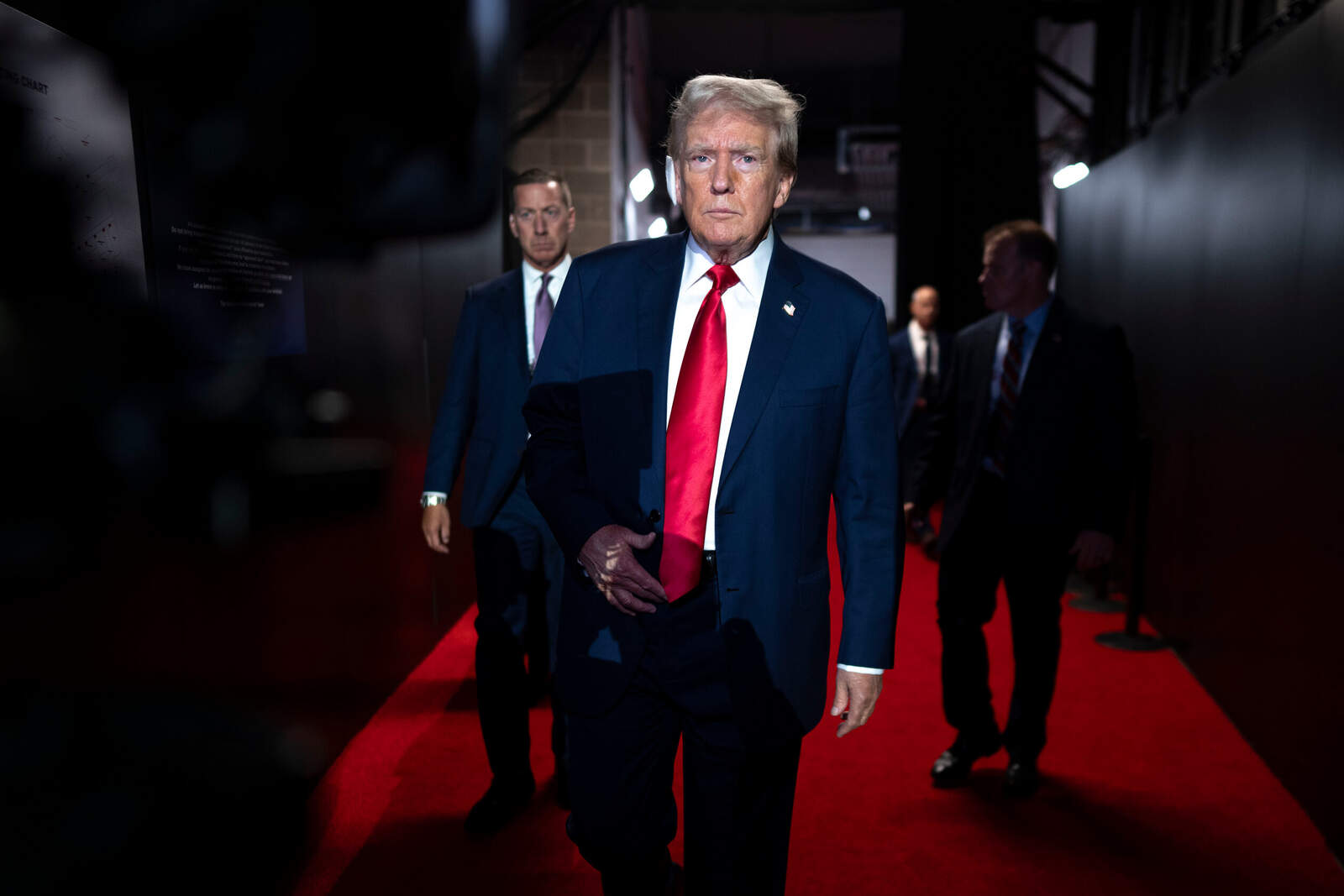
During Trump's first term, the United States approved approximately $18.3 billion in arms sales to Taiwan, compared to $8.4 billion under President Joe Biden.
The officials anticipate that sales authorizations for the next four years will exceed those figures, and one of them indicated that the arms packages "could easily exceed" the volume of Trump's first administration.
The United States, although it doesn't maintain formal diplomatic ties with Taipei, is its main international ally and arms supplier.
U.S. officials stated that both Trump and his team are committed to strengthening "hard deterrence" in favor of Taiwan. The new sales would focus on missiles, munitions, and drones, more affordable but crucial weaponry to confront China's much larger military forces.
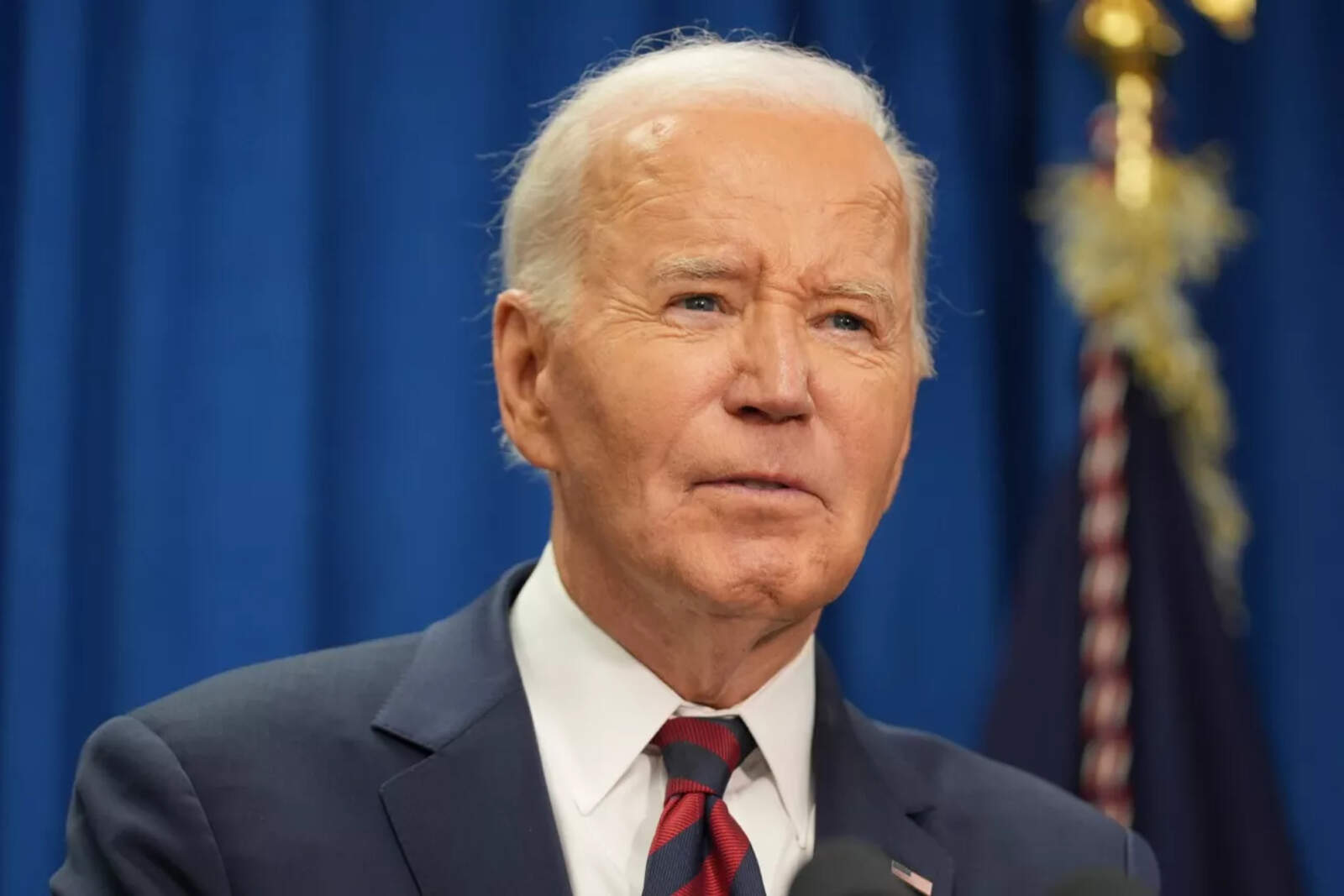
In addition to increasing arms sales, Washington is pressuring opposition parties in Taiwan not to block the increase in the defense budget, which President Lai Ching-te's government and the Democratic Progressive Party (DPP) want to raise to 3% of GDP.
